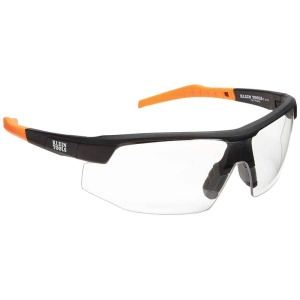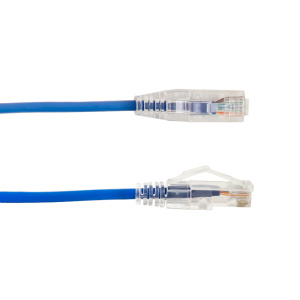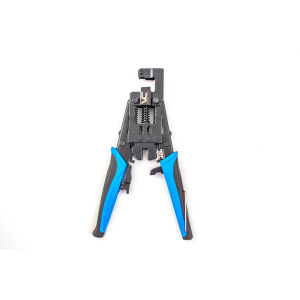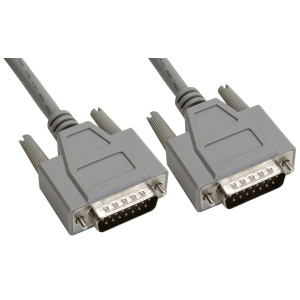Table of Contents
- Introduction
- What is Aluminum Interlocked Armored Cable?
- Advantages of Aluminum Interlocked Armored Cable
- Use Cases of Aluminum Interlocked Armored Cable
- FAQ’s
- Conclusion
Introduction
Welcome to this comprehensive guide on aluminum interlocked armored cable. In this article, we will explore the benefits and use cases of this type of cable, shedding light on its importance and applications. Aluminum interlocked armored cable is widely used in various industries and has several advantages over other types of cables. So, let’s dive in and discover the world of aluminum interlocked armored cable!
What is Aluminum Interlocked Armored Cable?
Aluminum interlocked armored cable, also known as MC cable, is a type of electrical cable that consists of a set of conductors enclosed in a flexible metal armor. The armor is made of interlocking aluminum tape, which provides excellent protection against mechanical damage, moisture, and other environmental factors. The conductors inside the armor can be insulated with different materials, such as PVC or cross-linked polyethylene, depending on the specific requirements of the application.
The interlocked armor of this cable provides enhanced durability and flexibility, making it suitable for various installation methods, including direct burial, conduit, and cable tray. It is commonly used in commercial, industrial, and residential settings where robust and reliable electrical wiring is essential.
Advantages of Aluminum Interlocked Armored Cable
Aluminum interlocked armored cable offers several benefits that make it a preferred choice for many electrical installations. Here are some key advantages of using aluminum interlocked armored cable:
- Mechanical Protection: The interlocking aluminum armor provides excellent mechanical protection, safeguarding the conductors from physical damage. It can withstand impact, compression, and bending, making it suitable for harsh environments and areas with high foot traffic.
- Flexibility: The interlocked armor design allows for increased flexibility, making the cable easier to handle and install. It can be bent and routed around obstacles without the risk of damaging the conductors or compromising the overall integrity of the cable.
- Environmental Resistance: Aluminum interlocked armored cable is resistant to moisture, chemicals, and sunlight exposure. The armor acts as a barrier, protecting the conductors from water ingress and preventing corrosion. This resistance makes it suitable for both indoor and outdoor applications.
- Electromagnetic Interference (EMI) Shielding: The metal armor of the cable provides an additional layer of shielding, reducing the risk of electromagnetic interference. This is particularly beneficial in industrial environments where sensitive electronic equipment is present.
- Cost-Effective: Aluminum interlocked armored cable is often more cost-effective compared to other types of cables. Its durable construction and long lifespan minimize the need for frequent replacements or repairs, resulting in cost savings over time.
- Easy Installation: The interlocking armor simplifies the installation process. The cable can be easily pulled through conduits or laid in cable trays, saving time and labor costs.
Use Cases of Aluminum Interlocked Armored Cable
Aluminum interlocked armored cable finds application in various industries and settings. Let’s explore some of the common use cases:
- Commercial Buildings: Aluminum interlocked armored cable is extensively used in commercial buildings for power distribution, lighting systems, and HVAC (Heating, Ventilation, and Air Conditioning) installations. Its robust construction ensures reliable and safe electrical connections.
- Industrial Facilities: Industries such as manufacturing plants, refineries, andpetrochemical facilities rely on aluminum interlocked armored cable for their electrical infrastructure. The cable’s resistance to harsh environments, mechanical protection, and EMI shielding make it suitable for demanding industrial applications.
- Residential Wiring: Aluminum interlocked armored cable is also utilized in residential settings for electrical wiring. It is commonly used for branch circuits, feeder circuits, and underground installations where protection against physical damage is crucial.
- Data Centers: Data centers require a reliable and secure electrical infrastructure. Aluminum interlocked armored cable is often used for power distribution within data centers due to its durability, flexibility, and EMI shielding properties.
- Outdoor Installations: The environmental resistance of aluminum interlocked armored cable makes it ideal for outdoor installations. It can be used for street lighting, underground utilities, outdoor signage, and other applications that require protection against moisture, UV radiation, and mechanical stress.
- Renewable Energy Projects: With the increasing focus on renewable energy sources, aluminum interlocked armored cable plays a significant role in connecting solar and wind power systems. Its durability and resistance to environmental factors make it suitable for renewable energy installations in various locations.
FAQ’s
1. Is aluminum interlocked armored cable suitable for use in wet environments? Yes, aluminum interlocked armored cable is designed to withstand wet environments. The interlocking aluminum armor provides excellent protection against moisture ingress, making it suitable for both indoor and outdoor wet locations.
2. Can aluminum interlocked armored cable be used for direct burial installations? Yes, aluminum interlocked armored cable is suitable for direct burial installations. The robust construction and moisture resistance of the cable’s armor allow it to be safely installed underground without the need for additional conduit.
3. Does aluminum interlocked armored cable require grounding? Yes, grounding is essential for aluminum interlocked armored cable installations. Proper grounding ensures the safety of the electrical system and helps protect against electrical faults.
4. Can aluminum interlocked armored cable be used in hazardous locations? Yes, aluminum interlocked armored cable can be used in hazardous locations. However, it is important to select the appropriate cable with the necessary approvals and certifications for the specific hazardous environment.
5. How does aluminum interlocked armored cable compare to other types of cables, such as PVC or THHN? Aluminum interlocked armored cable offers advantages over other types of cables. It provides enhanced mechanical protection, flexibility, and resistance to environmental factors. Compared to PVC or THHN cables, aluminum interlocked armored cable is more durable and better suited for demanding applications.
6. What is the typical lifespan of aluminum interlocked armored cable? The lifespan of aluminum interlocked armored cable depends on various factors, including the installation conditions and maintenance. However, with proper installation and regular inspections, the cable can last for several decades.
Conclusion
In conclusion, aluminum interlocked armored cable is a reliable and versatile option for electrical installations. Its mechanical protection, flexibility, environmental resistance, and cost-effectiveness make it a preferred choice in various industries and settings. Whether it’s for commercial buildings, industrial facilities, residential wiring, or outdoor installations, aluminum interlocked armored cable provides the durability and performance required for safe and efficient electrical connections.












